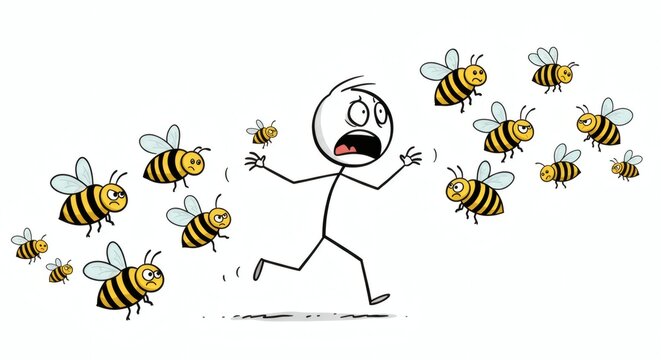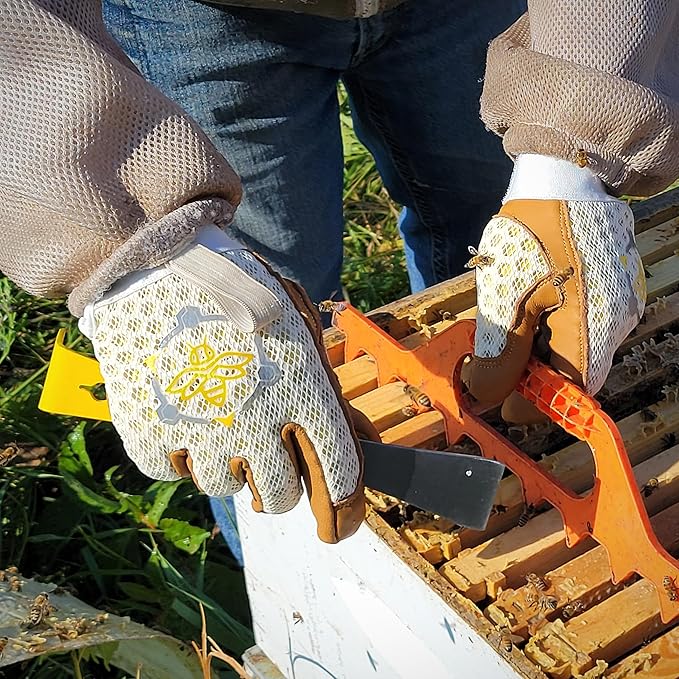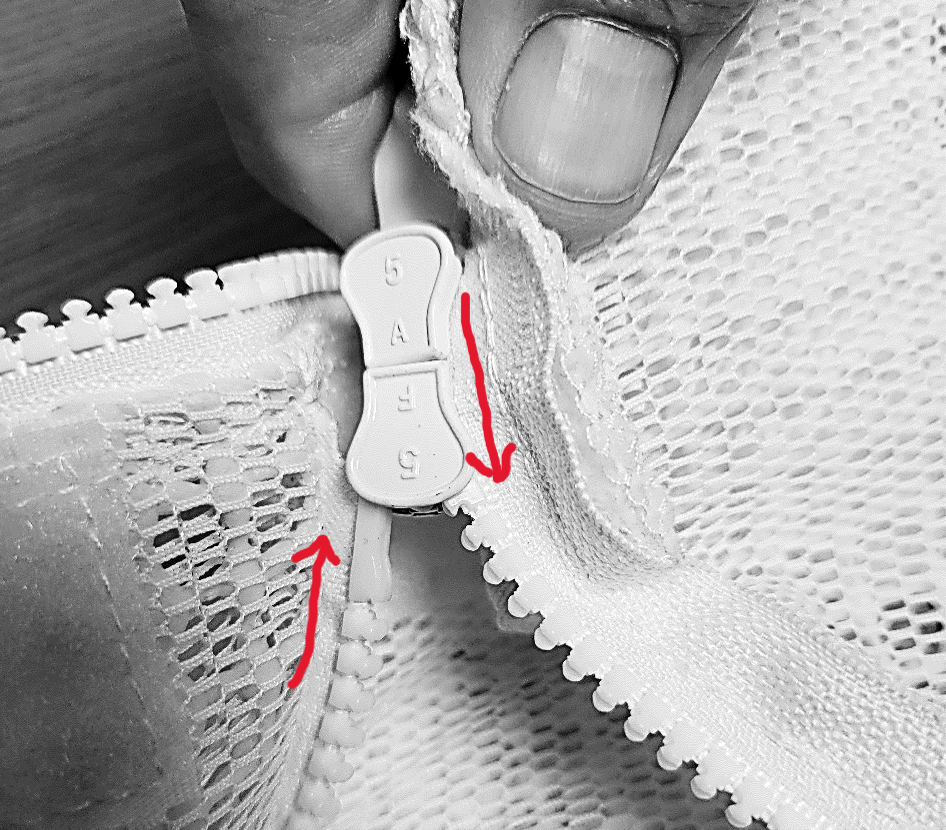Beekeeping gloves can get quite dirty rather quickly. It’s not just normal dirt, as we all know. Wax, honey, propolis and various other types of goo are much more difficult to clean and they just keep building up. So what’s the best way to keep your gloves clean enough to stay useable?
Below are some ways that I’ve had some success in cleaning our Apis Tactical Beekeeping gloves. Some of these techniques might work with other gloves, but as far as the following advice goes, I’m only really speaking about our Apis Tactical gloves.
The best way to keep your beekeeping gloves clean is to make sure they don’t get all that dirty and full of sticky stuff in the first place. In other words, daily cleaning can go a long way to keeping them clean. Fortunately, it’s simple… at the end of each session in the apiary, just put them on your hands and wash them with soap and water like you are washing your hands. Having a brush or sponge available to gently scrub them will help a lot with the propolis. Towel dry them well (while still wearing them) and try to wear them for a while until they are mostly dry. Be sure to wear them again soon to keep them from shrinking and getting stiff.
Even if you keep up with these “daily” cleanings, eventually your beekeeping gloves will get covered in hardened propolis, wax, honey, dirt, etc. The method of deep-cleaning I’ve had the most success with is just throwing the gloves in with some regular laundry. There are some caveats to this. First, when I say “regular laundry,” I mean washing them with a full load of actual laundry. I’m talking about things like work clothes and jeans. I’ve had the most success with the type of washing machines that are loaded from the top and fill with a lot of water (my kids call that an “old-school” washing machine). On the newer types (i.e. side-load) I think you can still get reasonable results if you select the “deep fill” mode.
Washing them this way allows the other laundry to rub against the propolis and causes most of it to wash off. It also protects the gloves during the agitation process. The same is true for the drying process. I’ve actually had good luck drying them in the electric tumble dryer along with the rest of the laundry. The laundry keeps them from getting too hot and it keeps the leather moving so it doesn’t get hard or stiff. This tumble-dry is actually useful and important in preventing the leather gloves from getting hard/stiff.
Here's the important part… As soon as the gloves are done drying (or just before, while they are still warm), put them on your hands and wear them for a while so they don’t shrink while cooling off. This seems to help a lot although I have forgotten to do this a few times and things still seem to turn out ok.
While you’re doing this, it’s a great time to apply our Apis Tactical Leather Conditioner. Applying our conditioner to the leather part of the gloves while they are clean and warm will allow the natural oils in the leather to be replenished and a protective coating to be integrated well into the leather. You’ll find the gloves will feel and perform better, they will last longer, and they will be easier to clean if you apply our leather conditioner after cleaning.
I know the machine wash and dry method I’ve described above is controversial and others recommend against it, but if your gloves get so dirty they are nearly not useable, what have you got to lose? …give it a try. I’m sure you’ll find that our Apis Tactical gloves will lend themselves well to cleaning. Remember that no glove will last forever and eventually any leather item will begin to fall apart and wear out. Even with that being said, if you think my cleaning methods here caused your gloves to become unusable prematurely, just contact me and I’ll send you a replacement pair. If you’re still unsure which gloves would best suit your needs for comfort, protection, and longevity, make sure to read our article on How to Choose the Right Beekeeping Glove for You.
Our goal is to bring more joy to your beekeeping and we mean it. If any of our products don’t live up to your expectations, just let me know and I’ll take care of it.





